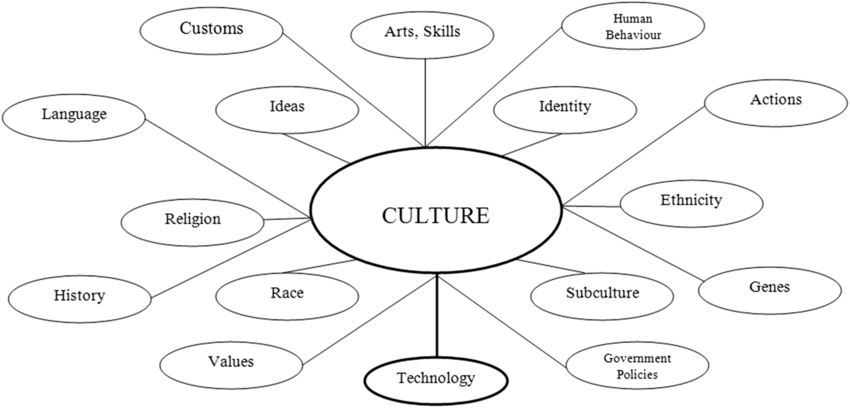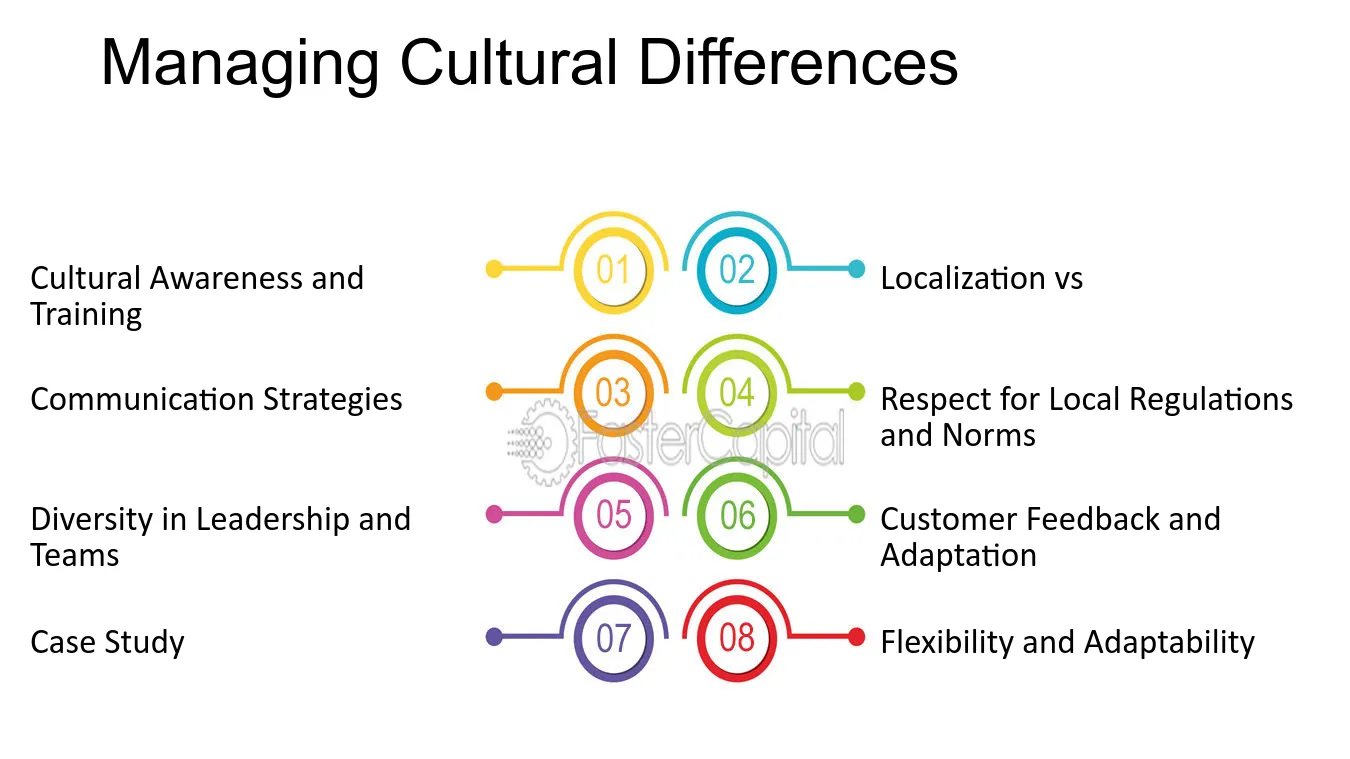In today’s interconnected world, global marketing strategies are crucial for businesses aiming to expand their reach and tap into international markets. However, one of the most significant challenges in global marketing is understanding and adapting to cultural differences. These differences can profoundly impact marketing approaches and campaigns, and companies that successfully navigate these complexities can gain a competitive edge.

Understanding Cultural Differences
Cultural differences encompass a wide range of factors, including language, traditions, values, social norms, and consumer behaviour. These factors influence how individuals perceive and respond to marketing messages. Here are some key cultural elements that affect global marketing strategies:
- Language and Communication Styles
- Language is a fundamental aspect of culture. Translating marketing materials is not just about converting words but also about conveying the intended meaning and tone. For example, humour, idioms, and slogans may not translate well across different languages. Additionally, communication styles vary; some cultures prefer direct communication, while others value indirect and nuanced messaging.
- Cultural Values and Beliefs
- Values and beliefs shape consumer preferences and purchasing decisions. For instance, individualistic cultures, such as the United States, tend to emphasize personal success and independence, which can be reflected in marketing campaigns. In contrast, collectivist cultures, like many in Asia, prioritize family and community, influencing the portrayal of products and services in advertisements.
- Social Norms and Etiquette
- Social norms dictate acceptable behaviour and interactions within a society. Marketing campaigns must consider these norms to avoid offending or alienating potential customers. For example, gift-giving customs, appropriate dress codes, and attitudes towards gender roles can vary significantly between cultures.
- Consumer Behavior and Preferences
- Consumer behaviour is influenced by cultural factors, affecting everything from product preferences to shopping habits. For instance, while online shopping is prevalent in many Western countries, some cultures still prefer in-store experiences. Understanding these behaviours helps tailor marketing strategies to meet local demands.
Strategies for Adapting to Cultural Differences
- Market Research
- Conduct thorough market research to understand the cultural nuances of target markets. This includes studying consumer behaviour, preferences, and local competitors. Surveys, focus groups, and partnerships with local market research firms can provide valuable insights.
- Localization
- Localization goes beyond translation. It involves adapting all elements of a marketing campaign, including visuals, colours, symbols, and even product features, to align with local cultural preferences. For example, while the colour white is associated with purity in Western cultures, it is often linked to mourning in some Asian cultures.
- Hiring Local Expertise
- Employing local marketing experts or partnering with local agencies can bridge cultural gaps. These professionals understand the cultural landscape and can provide guidance on effective marketing strategies.

- Employing local marketing experts or partnering with local agencies can bridge cultural gaps. These professionals understand the cultural landscape and can provide guidance on effective marketing strategies.
- Cultural Sensitivity Training
- Providing cultural sensitivity training for marketing teams ensures that they are aware of and respect cultural differences. This training can help prevent misunderstandings and offensive content in marketing campaigns.
- Tailored Marketing Messages
- Craft marketing messages that resonate with the local audience. This may involve emphasizing different product benefits or using culturally relevant themes and stories.
- Building Relationships
- In many cultures, building trust and relationships is crucial for business success. Engaging with the local community, participating in cultural events, and demonstrating corporate social responsibility can enhance a brand’s reputation and acceptance.
Conclusion
Cultural differences play a critical role in shaping global marketing strategies. By understanding and adapting to these differences, businesses can create more effective and culturally relevant marketing campaigns. This not only helps in avoiding cultural blunders but also in building stronger connections with diverse customer bases around the world.

